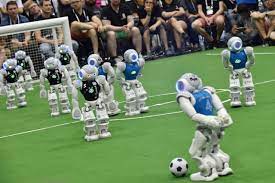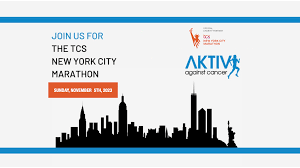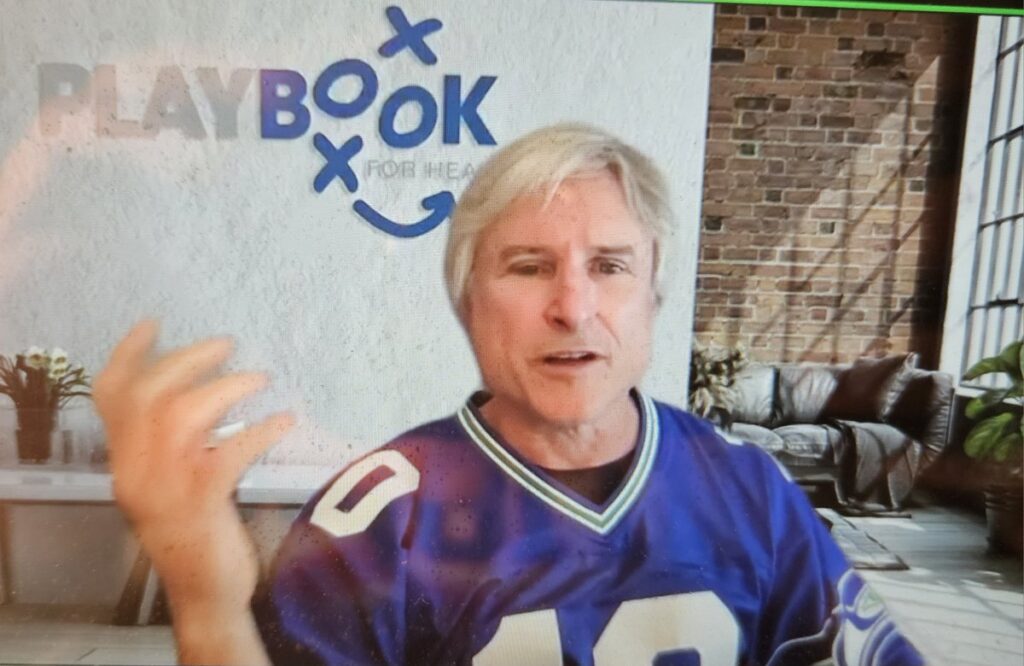It’s been another great beginning to the week, and to the month. There are so many little tidbits we have picked up as we wandered around New York this week. Some good points to take a look at.
Cobiotics: We see commercials for probiotics to keep us healthy and balanced, do you know what cobiotics are? Learned this week, it is the balance of using robotic technology and AI as tools for learning with human oversight, passion, ingenuity and input. So much has been made about the fear of new technology, Cobiotic use shows us how, as in the past, we can use science for good as we learn and adapt.
RoboCup: A great example of cobiotic use in sports is the annual international competitive event that merges visionary thinking about how AI and robotics will change the world with practical robot design, The Robocup. Participants spend months solving diverse technical problems to enable their robots to autonomously play soccer, do household chores, or search for disaster victims. And their efforts are in turn enabling fundamental advances in a range of fields, including machine learning, multiagent systems, and human-robot interaction.
RoboCup’s original goal, as defined by founding President Hiroaki Kitano, was to enable a team of fully autonomous humanoid robots to beat the best human soccer team in the world on a real, outdoor field by the year 2050. Since the first RoboCup competition in 1997 which featured three leagues—small-size wheeled robots, middle-size wheeled robots, and simulation—the event has expanded to include humanoid robot soccer leagues, as well as other leagues devoted to robots with more immediate practicality. The next RoboCup event takes place in July in Bordeaux, France, where 2,500 humans (and 2,000 robots) from 45 countries are expected to compete.
Now will Robotic sports replace human interaction? No. But if RoboCup gets more young people interested in sport, and gets kids with a penchant for sport interested in STEM, I’m all for it, and will be watching.
Another Science Learning For Sport: This week we again attended the AKTIV Against Cancer lunch, this time after the New York City Marathon. AKTIV, in just nine years, has played out the dream co-founder Grete Weitz had, to use activity, physical activity, as a key way to improve the lives of cancer patients. It has been a key beneficiary of the Marathon’s extensive charity running program since its inception. But speaking of inception, how did the idea gain speed? The program at Memorial Sloan Kettering that has pioneered the program under Dr. Lee Jones grew when Dr. Jones was listening to scientists at NASA talk about the issues they were dealing with keeping astronauts healthy in space. They have issues with mobility, nausea, joint pain, lethargy, and found that exercise helped alleviate symptoms. Dr. Jones realized that those were the same effects cancer patients went through during treatment. The result? Science for one group led to groundbreaking work for another. All because of listening and learning.
Running the Playbook: “A brand is a cup you fill with meaning.” Lastly, give a listen to learn from our friend and colleague Jeff Sofka. The sports business veteran shares his involvement in throwback merchandise with The NFL and the success of this retail space. He also discusses the brand Playbook Health and its importance of his company, and brands in sports. Finally, he talks about his company’s role with Bobby Wagner and the Seattle Seahawks, and how that has been an incredible opportunity to learn more about individual health.
Enjoy the rest of the week.



